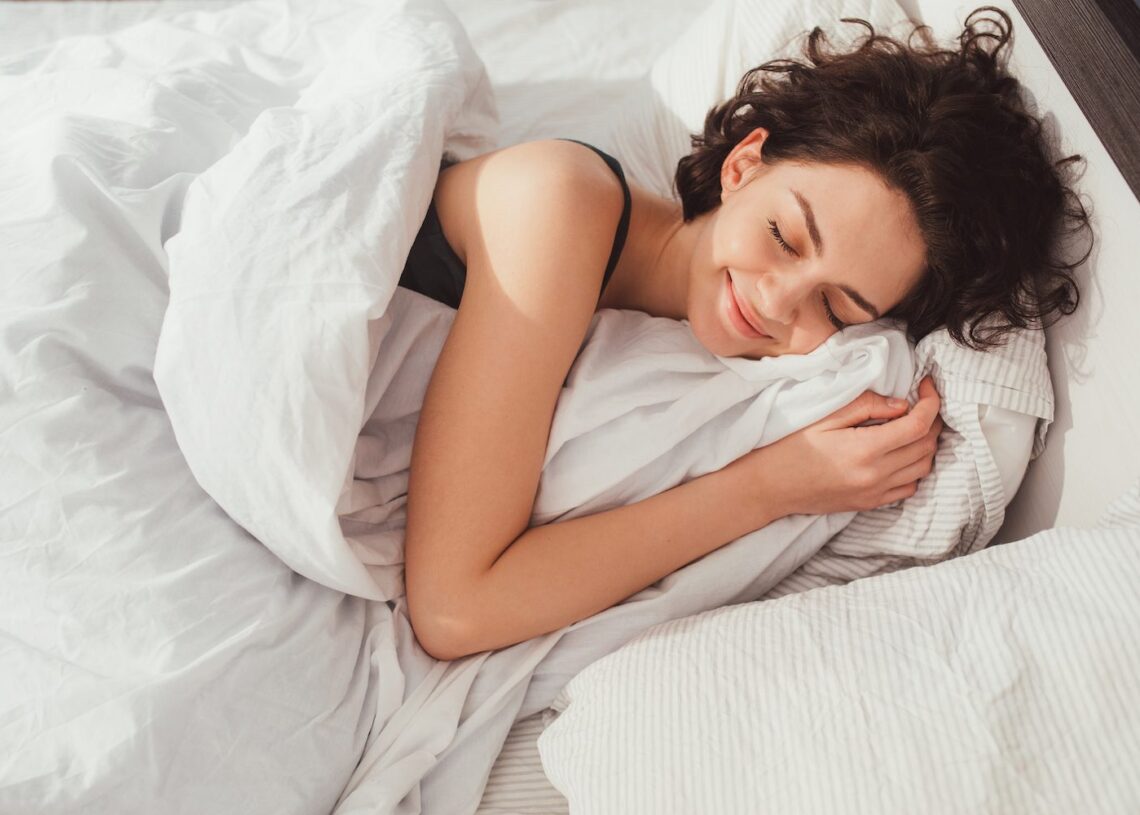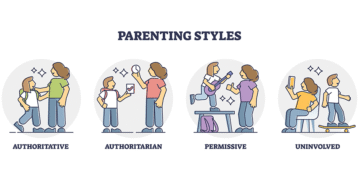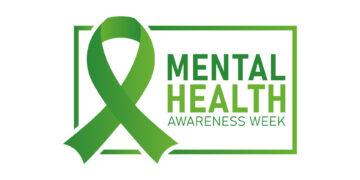The Impact of Light on Sleep Quality
Light, especially the blue light emitted from screens, can significantly disrupt your sleep cycle. Understanding how to manage light exposure is key to a restful night.
Understanding Blue Light’s Effects
Exposure to blue light, particularly in the evening, can interfere with your sleep. Research suggests that late-night exposure can reduce both sleep quality and duration. This is because blue light affects your body’s natural sleep-wake cycle, making it harder to wind down.
The timing of blue light exposure is crucial. The closer you get to bedtime, the more significant the effect seems to be. A study examined the impact of blue light exposure at different times on sleep. The findings indicated that delaying blue light exposure later into the night leads to less total sleep time and longer sleep latency.
Digital Detox Before Bedtime
In today’s connected world, screens have become an essential part of our lives. However, the glow of our devices before bed can significantly impact our sleep quality.
The light emitted from screens, especially blue light, can interfere with the body’s natural sleep-wake cycle. This disruption can lead to difficulty falling asleep and reduced sleep duration. Studies suggest that screen use before bed is common, with many individuals reporting this behavior.
Creating a screen-free period before bed is crucial. Experts often recommend avoiding screens for at least 30 minutes, or even an hour, before bedtime. This allows your brain to unwind and prepare for sleep. Consider replacing screen time with relaxing activities like reading or gentle stretching.
Beyond screen time, ensure your bedroom is conducive to sleep. Keep it dark, quiet, and cool. Blackout curtains, earplugs, and a comfortable temperature can all contribute to a better night’s sleep. A calming environment signals to your body that it’s time to rest.
Instead of scrolling through social media or watching videos, engage in activities that promote relaxation. Reading a physical book, listening to calming music, or practicing mindfulness can help quiet your mind. These alternatives can create a more peaceful transition to sleep.
Caffeine’s Effect on Sleep Architecture
Many rely on a morning cup of coffee, but it could be impacting your sleep, even hours later. Understanding how caffeine’s dose and timing affect your sleep quality is essential.
Understanding Caffeine’s Impact
The amount of caffeine you consume matters. Research indicates that a larger dose, even consumed many hours before bed, can significantly disrupt sleep. A smaller dose closer to bedtime might have less of an impact, but it’s still something to consider.
When you drink caffeine is almost as important as how much you drink. Caffeine consumed earlier in the day is less likely to interfere with sleep, but later consumption can lead to restless nights. The effects are more pronounced with higher doses.
Caffeine can affect several aspects of sleep. Studies show that consuming caffeine even 12 hours before bed can reduce total sleep time and sleep efficiency, while also increasing the time it takes to fall asleep and the amount of time spent awake after initially falling asleep.
| Caffeine Dose | Time Before Bed | Reduction in Total Sleep Time (TST) | Change in Sleep Efficiency (SE) | Increase in Sleep Onset Latency (SOL) | Increase in Wake After Sleep Onset (WASO) |
| 100 mg | 4 hours | Not significant | Not significant | Small increase | Not significant |
| 400 mg | 12 hours | 50.6 minutes | Significant decrease | Significant increase | Significant increase |
Data Source: Sleep (Oxford Academic), “Dose and timing effects of caffeine on subsequent sleep” 2025年4月
Being aware of both the dose and timing of your caffeine intake is key. Limiting caffeine, especially in the afternoon and evening, can improve sleep quality. Establishing consistent bedtime routines and practicing mindful caffeine consumption are beneficial for better sleep health.
Crafting the Perfect Bedtime Routine
Creating a consistent and relaxing bedtime routine is key to improving sleep quality. Small adjustments to your evening habits can make a big difference in how easily you fall asleep and how rested you feel in the morning.
Optimizing Your Evening Rituals
Many people incorporate technology into their bedtime routine, but this may not be beneficial. Research indicates that over half of adults watch TV before bed, but a significant percentage of them still struggle to get enough sleep. Similarly, social media use is common, potentially impacting sleep quality due to prolonged screen time.
Some bedtime activities are associated with improved sleep. For example, nearly a third of adults take a shower or bath before bed, and most of them find it helps them sleep. These calming rituals can prepare your body and mind for rest.
Sleep aids like melatonin are also frequently used. Almost half of adults have used melatonin recently, with most reporting that it helps them fall asleep faster. However, it’s important to consider the long-term effects and consult with a healthcare professional when necessary.
| Bedtime Ritual | % of U.S. Adults Practicing | Related Sleep Outcome |
| Watching TV before bed | 53% | 50% of these get less than 7 hours of sleep per night |
| Showering or bathing before bed | 32% | 58% of these say it helps them sleep |
| Taking melatonin | 49% (past month) | 88% say it helps them fall asleep faster |
Data source: SleepFoundation.org “100+ Sleep Statistics – Facts and Data About Sleep 2024” July 2025
Harnessing the Power of Sound
White noise is gaining traction as a popular sleep aid, especially among younger generations. Constant exposure to environmental sounds may condition individuals to seek consistent auditory input to relax. White noise helps mask disruptive sounds, fostering a stable and calming sleep environment.
Preferences for sleep sounds vary across generations. Younger adults often lean towards white noise to help them unwind, while older adults may find silence more conducive to sleep. This divide influences the creation of adaptable sleep solutions.
The effectiveness of white noise varies from person to person; some thrive with consistent sound, while others prefer quiet. New sleep products are emerging that customize soundscapes based on individual needs, offering tailored white noise experiences for optimal relaxation.
Q&A
Question 1: How does blue light exposure at different times of day affect sleep quality and duration?
Answer: Studies show that blue light exposure closer to bedtime significantly reduces total sleep time and increases sleep latency (the time it takes to fall asleep). The later the exposure, the more pronounced these negative effects become, as demonstrated by a study showing decreased sleep time and sleep freshness scores with later blue light exposure (9 PM-12 AM compared to 7:30 PM-9 PM).
Question 2: What is the relationship between caffeine dose, timing of consumption, and sleep disruption?
Answer: Both the amount and timing of caffeine consumption impact sleep. Larger doses (e.g., 400mg) disrupt sleep even when consumed 12 hours before bed, reducing total sleep time and sleep efficiency while increasing sleep onset latency and wake after sleep onset. Consuming caffeine later in the day exacerbates these effects. Smaller doses closer to bedtime may have less impact, but are still a factor.
Question 3: How do screen habits differ across generations, and what are the implications for sleep?
Answer: A survey reveals that younger generations (Gen Z and Millennials) report significantly higher rates of screen use before bed compared to older generations (Gen X and Baby Boomers). This correlates with a greater number of nights per week they are kept awake by screen use. This highlights the need for generation-specific strategies for digital detox before bed to improve sleep.
Question 4: What are some effective strategies for creating a relaxing bedtime routine that promotes better sleep?
Answer: Establishing a consistent bedtime routine is crucial. This could involve limiting screen time at least 30 minutes before bed, replacing it with relaxing activities like reading or taking a bath. While many use technology before bed, calming activities like showering or using melatonin (though consult a doctor first) show positive correlation with improved sleep. Creating a dark, quiet, and cool sleep environment also contributes to better sleep.







